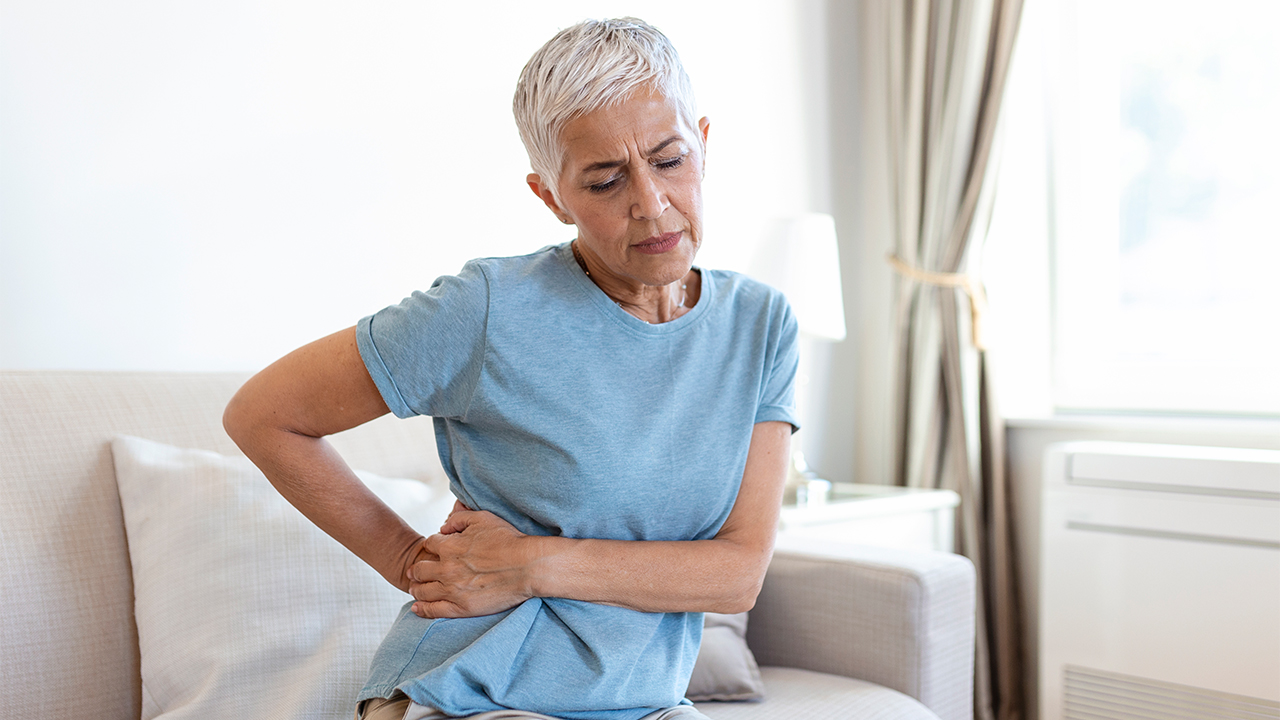We tend to take our kidneys for granted, but the health of these organs is extremely important to our well-being.
As Kidney Awareness Week draws to a close, Sara-Jayne Makwala King gets some understanding from pediatric nephrologist Professor Errol Gottlich, manager of the Kidney Care Programme at Discovery Health.
Outlining the function of these fist-sized organs (each weighing 120-150 grams) in our bodies, Prof. Gottlich notes that they have several purposes.
Daily we all secrete a fair amount of urine, and in that process the kidneys are balancing the fluid environment and the electrolytes within your body.
During the Discovery Health Kidney Care Programme, Prof. Errol Gottlich mentioned that, they ensure your bones are nice and strong by balancing the calcium, phosphate and vitamin D process within your body as well as normalizing your blood pressure.
He also highlights the fact that kidney disease is often silent and it’s important that we should be aware about it.
Since there is a certain number of children who are born with congenital abnormalities of the kidney and bladder which predispose them to long-term kidney disease, there are several acquired conditions that cause this as well.
Gottlich says that, around the world, including South Africa, the main two drivers of kidney disease are hypertension and diabetes. That does it really below the surface in the sense that kidney disease from those two conditions is insidious. Over time this happens with no actual symptoms and you don’t feel the pain in your kidneys but there is chronic damage to the blood vessels within the kidneys and with time they get affected.
The frequency is much higher than individuals think. We believe that about one in ten individuals worldwide do suffer some degree of kidney disease, while not necessary kidney failure.
There are many ways to take care your kidneys. Such as, exercise for 30 minutes regularly, daily eating a healthy balanced diet of unprocessed fresh foods with not more than a teaspoon of added salt, regular check and control your blood sugar and blood pressure, drink an appropriate amount of fluids, avoid smoking, often do not consume anti-inflammatory pills or over-the-counter pain and if you experience any of the high-risk factors such as diabetes, high blood pressure then get your kidney function checked regularly.








